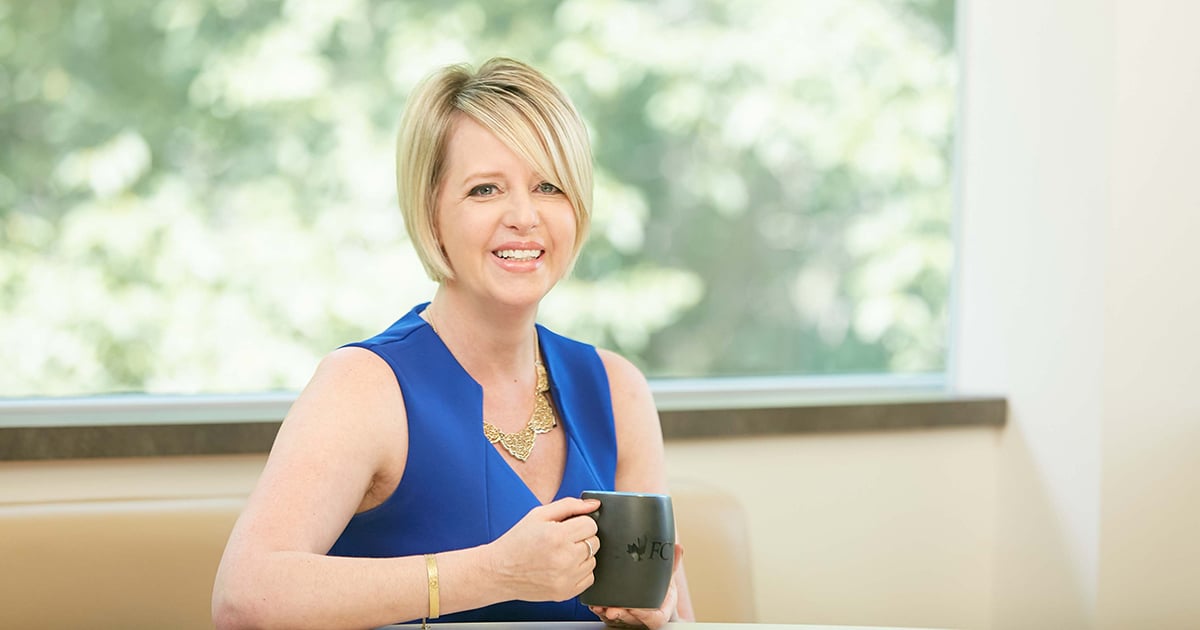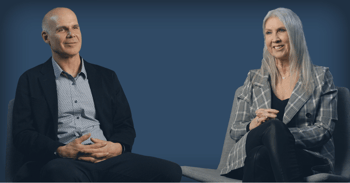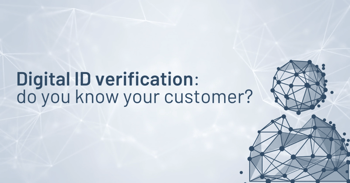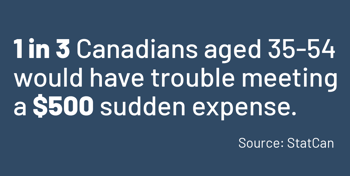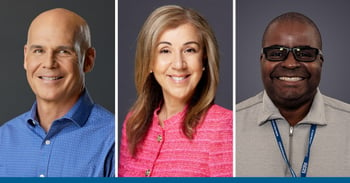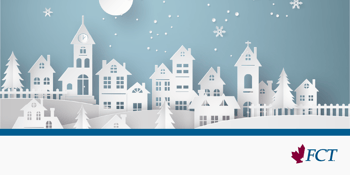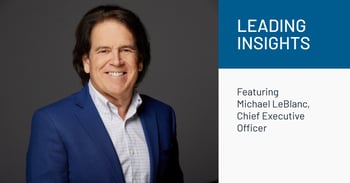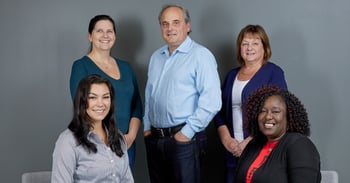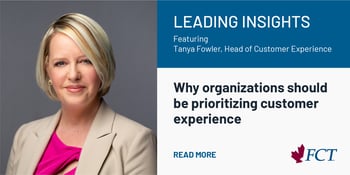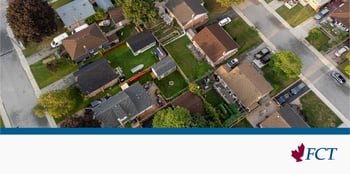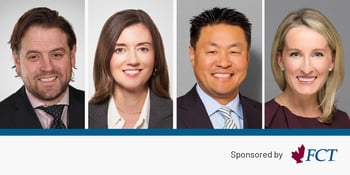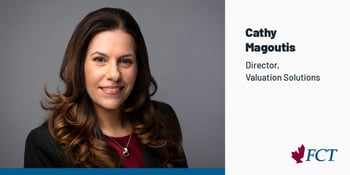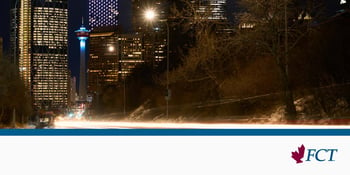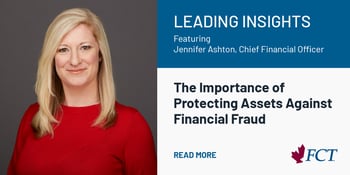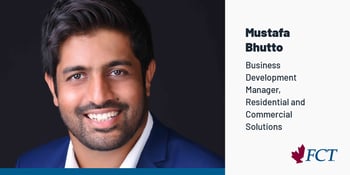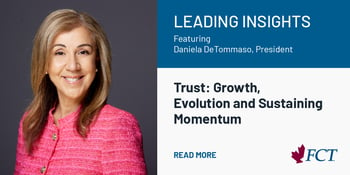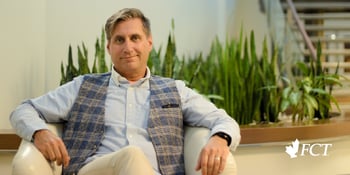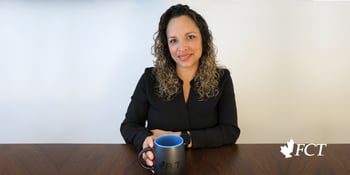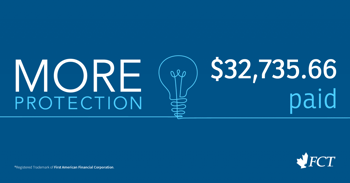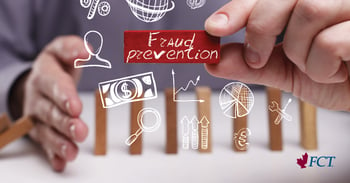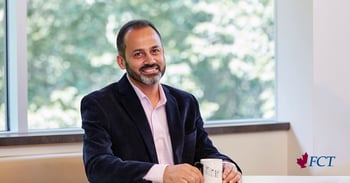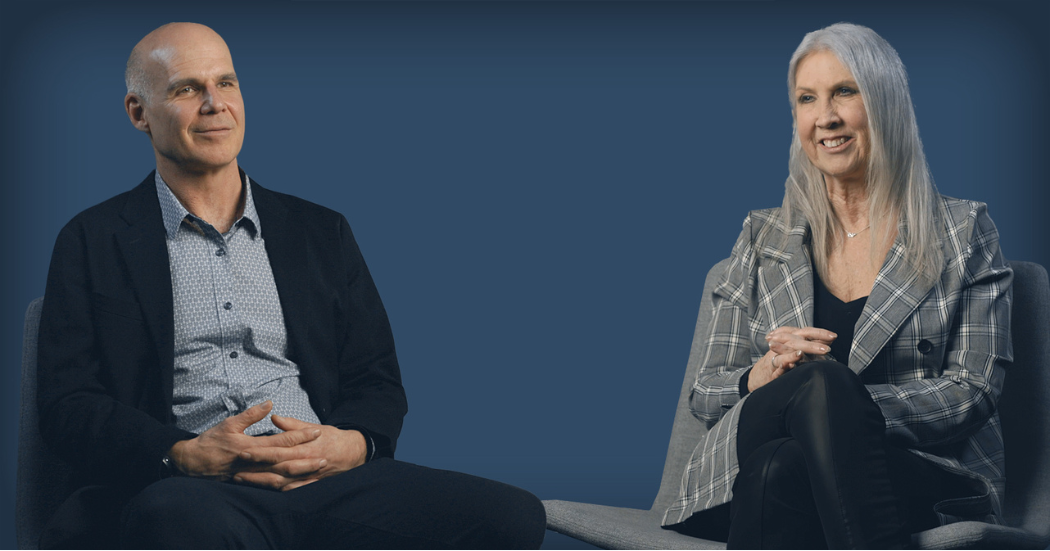
John Tracy and Marie Taylor are two of the minds behind FCT’s fraud prevention practices. Marie is our director of national underwriting, and a Certified Fraud Examiner (CFE) who examines deals for warning signs of fraud. As senior legal counsel for our claims department, John works to investigate claims of fraud, and reconstruct how they succeeded.
Today John and Marie sit down to discuss the different parts they play at FCT in detecting and preventing fraud, what’s changed over the last 20 years and what it’s like to stand between homeowners and the organized criminals targeting them.
1). How do you see the parts your different roles play in FCT’s fraud prevention?
Marie: Fraud detection wasn’t always a part of the process on deals in our industry. The first fraud we saw at FCT was, I think, in 2004. And then we saw another a few months later, and another—we realized that this might end up being a problem.
We worked with our claims department to pull our fraud claims apart and look for any features they had in common. We put underwriting questions into deals going forward that helped weed out suspicious transactions.
We got quite successful at detecting them, and it wasn’t long before our competitors followed; even the lenders started incorporating fraud questions into their mortgage instructions. And that’s still what we do: determine the trends in fraud, and find proactive ways to spot and stop it in its tracks.
John: In claims, we see the successful frauds. It can feel like being a Monday morning quarterback, looking at a deal already knowing it’s fraud, but it lets us see how that particular fraudster got through. That’s information we can pass on to our colleagues in underwriting, so that we’re better able to spot something next time.
When you look at enough claims over time, you start to see trends develop. The other role we play in preventing fraud is monitoring for those trends and alerting our underwriting colleagues as soon as we spot them—if something worked once, the fraudsters are going to try it again. Sharing information is a powerful tool for preventing fraud.
2). Marie, what new technologies have fraudsters benefited from, and how is technology helping you stay ahead of them?
Marie: Everything has changed thanks to the internet. The legal professional on a Toronto deal might be living in Sudbury, buyers can apply for a mortgage online—you can buy a property without ever leaving home.
Fraudsters want to operate from the shadows, so this lack of face-to-face contact is ideal for them. Remote signing means they can hold up a piece of ID without manually handing it over to a legal professional.
That fake ID is so much more sophisticated than it used to be. When someone Googles how to get a fake driver’s licence, they don’t just find results, they find how to get the best fake licence. They get to browse which fake licence options have the most security features, or the most discrete payment options.
Generative AI has pushed the sophistication of fraud even further: voice and video manipulation tools can let fraudsters answer questions using someone else’s voice and face.
Fraud has gotten so much more complex than it was in 2004, so we’ve had to change our approach as well. That’s why we use digital ID verification that is multi-factor: if you’re relying on having a client’s driver’s licence and biometrics, that’s no longer enough. The more layers you can get into your fraud detection, the harder it is for fraudsters to make it through all of them.
3). John, what role does knowing fraudsters’ mentality and motives play in investigating title fraud? What’s going on in fraudsters’ heads?
John: I studied psychology as an undergraduate, and I still love it. Getting into a fraudster’s mind is difficult, but the key thing I try to keep in mind is that greed is primary—it’s why they’re doing this—but safety is a close second.
If you walk into a bank with a gun, you’re probably not going to walk away with $500,000, and if you’re caught, you’re pretty much guaranteed some serious time in prison. The payoff of these scams is huge compared to a robbery, with less risk.
Fraudsters are organized, they’re innovative, and they have a complete disregard for human decency. They’re not worried about how their greed will impact a homeowner emotionally, and believe me, it does.
4). Why do you specialize in fraud prevention?
John: You know, I try not to personalize it, but my parents and in-laws are all above 80, they tend to answer the phone and like to speak to callers—they’re the kind of people a fraudster would find tempting targets. That makes it hard not to make it a bit personal.
These crimes always have that human element of “why me?” I’ve had a bike stolen and I remember how it shook me—I can only imagine what it would be like to discover a half-million dollar mortgage on my title. It’s why guiding homeowners through the process of dealing with fraud is such an important part of what we do.
Marie: I’m not saying that I don’t like a good planning act issue to underwrite, but let’s face it: fraud is interesting. When I come into work, I’m trying to get into fraudsters’ minds to protect legal professionals, the organization I work for and, ultimately, to protect the consumer.
We’re either going to be one step behind or one step ahead of fraudsters. We’re here to make sure that prevention stays ahead of the criminals targeting us, our customers and the public. Coming into work every day to help do that is a great feeling.
5). What is the wildest thing you’ve encountered on the job?
John: I’ve seen a fair bit, but one thing I remember making me go “wow” was seeing one of the first completely fraudulent home sales. Our insured borrower bought a property that turned out to have been listed by fraudsters.
It showed such a high level of organization: to pull this off, the fraudsters had to determine that the legitimate owners were absent, concoct fake IDs to pose as them, and enlist accomplices to pose as tenants and occupy the property.
For our insured owner’s part, they did everything right: they hired a real estate lawyer and a real estate agent, they attended the property and inspected it, and got a mortgage from a major bank. They did renovations, moved in, registered their kids in a local school. I can’t imagine their shock when they found out a few months later that they bought the house from somebody who didn’t know the sale had happened.
Marie: About 10 years ago, I came into the office and checked my voicemails like any day. I heard this male voice on the message, and as I was listening to it, I remember asking myself “did he just threaten my life?”
I played it back again and again to be sure, and I realized that yes, a fraudster had just threatened to kill me. I took the voicemail to my boss and after we listened to it together, then the police got involved. They came into the office and sat us down, I remember the meeting we had.
We discussed options, and I was anxious about what to do. I still remember the advice I got—not the advice I wanted, but it was good advice! The advice was: when you come into work, always park under the cameras *laughs.* And so that’s what I did, for a year and a half: I always parked beneath the cameras.
Learn more about how title fraud has evolved, and what you can do to protect your clients and your business, at our Fraud Insights Centre.
Insurance by FCT Insurance Company Ltd. Services by First Canadian Title Company Limited. The services company does not provide insurance products. This material is intended to provide general information only. For specific coverage and exclusions, refer to the applicable policy. Copies are available upon request. Some products/services may vary by province. Prices and products/services offered are subject to change without notice.
®Registered Trademark of First American Financial Corporation.



